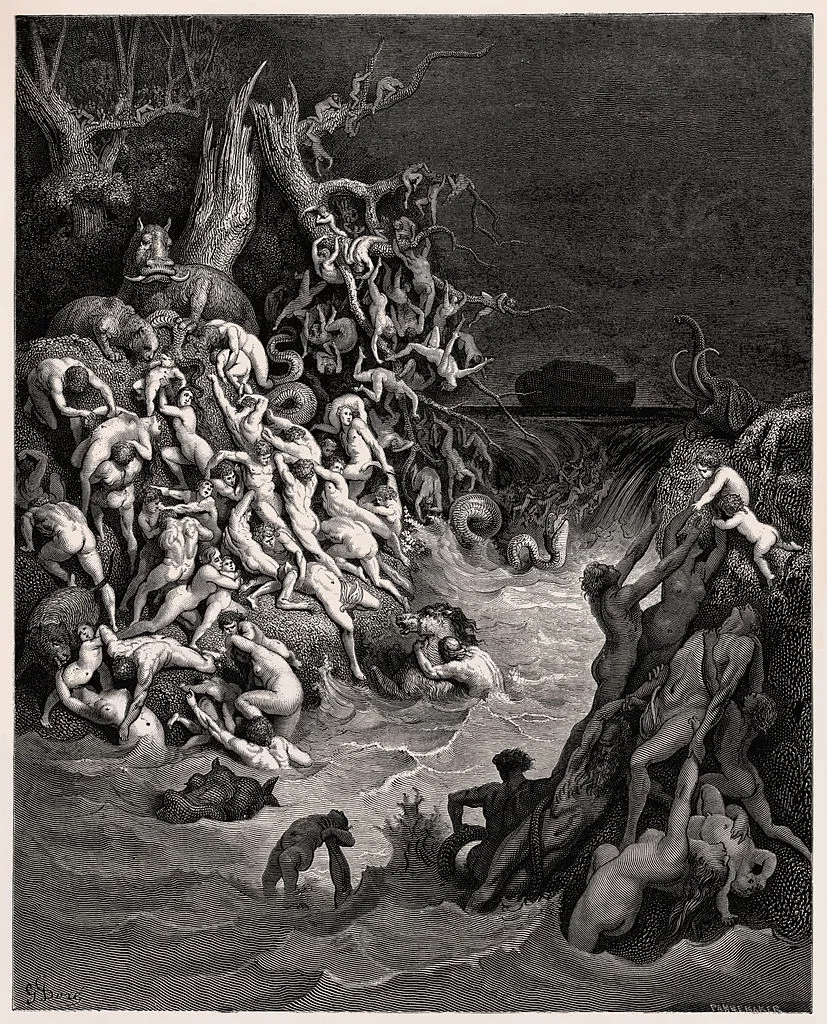 No one’s left to answer the questions I have about my first memories, scenes that take place in the gas station/house of my maternal grandparents in the year 1954 or 1955.
No one’s left to answer the questions I have about my first memories, scenes that take place in the gas station/house of my maternal grandparents in the year 1954 or 1955.
World War II has been over for ten years now.
I am two, maybe three. My grandparents, my aunt, maybe my uncle, live in a building that’s part commercial enterprise, part domicile. It’s not a home — or even a house – but the Station. What should be the front yard consists of a narrowing triangle of concrete featuring an island of gas pumps, the apex of the triangle marking the fork where Highway 78 splits into West 5th North Street and Richardson Avenue. Diesel smells hover as cars swish by night and day, day and night. Out back, a wire fence encloses a treeless dirt yard where an unfriendly German Pinscher prowls.
No nature boy, I-and-I.
It seems at the time of these first memories that my mother and father are living at the Station, too. The upstairs, if subsequent recollections are correct, consists of one ark-like bedroom that has two or three beds and a stand-alone sink. There must be a bathroom downstairs, but I don’t remember it.
My first memory ever is of my parents’ leaving each morning. I descend the steep stairs terrified I’ll fall. I lead with my right foot, step after step, right foot first, until I’m about four steps from the bottom. Then I leap into my father’s outstretched arms, and he slings me around in circles. I don’t want my parents to leave me, but they do, and I spend the rest of the sibling-less day in the domestic section of the building while my grandfather pumps gas or fixes flats and my grandmother works the counter cash register. I can remember feeling sorry for myself as I sat sideways on the bottom step with my knees up. I remember thinking that the day would never end.
Of course, it did, and the one after that, and the one after that . . .
At two-and-a-half, I’d experienced fewer than a thousand days, so in that frame of reference, a day looms large. Now, I have weathered approximately 24,759 days, 2063 full moons, 66 Christmas Eves. Yet, even though my frame of reference of a day has shrunk 2,000-fold, the days – especially, the weekdays — still seem long.
Tick-tock-tick-tock-tick-tock . . .
But not the years — the years zoom past like cars on a freeway.
Blink, just like that I’m engaged to be married and attending a party with my mother during her 25th high school reunion weekend. My former classmate Emma Jo Mellard is there with her mother as well. We make small talk, comment on time’s winged chariot’s terrifying swiftness.
Blink. I’m swinging my sons in circles above my head.
Blink. I’m looking at a photograph on Facebook of members of my high school class who will attend their own reunion next year if the pandemic abates.
These classmates are wizened, unfamiliar, old, like my own visage in the mirror.
O what shall I do with this absurdity –
O heart, O troubled heart—this caricature,
Decrepit age that has been tied to me
As to a dog’s tail?
Blink.

















